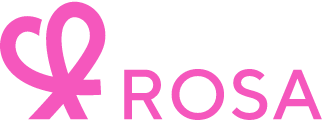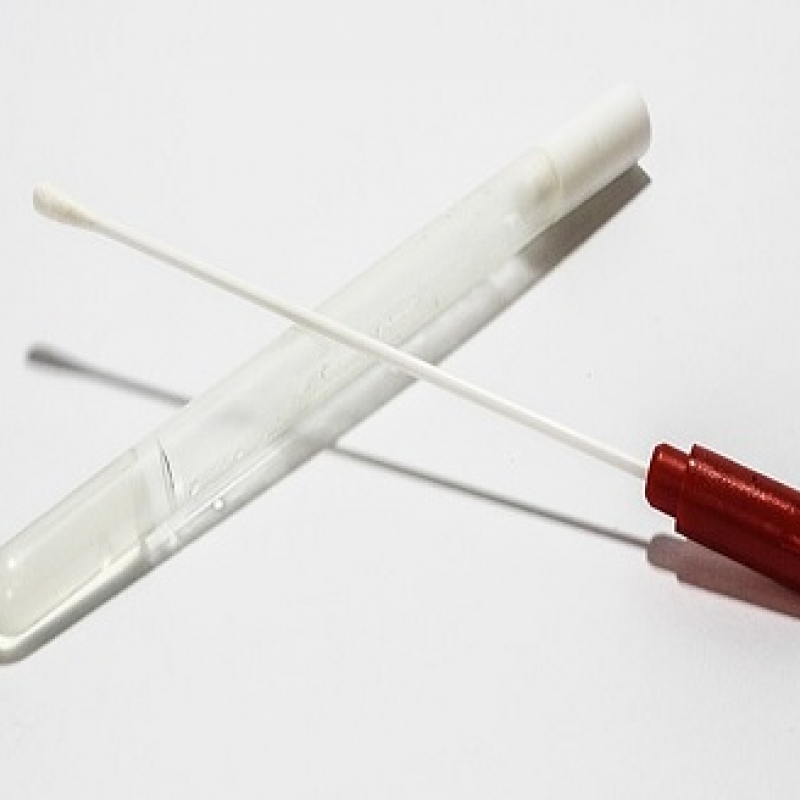A home-based genetic test that checks the mutation of genes related to breast and ovarian cancer has been approved in the United States. This test identifies only three types of mutations in the BRCA1 and BRCA2 genes, through samples from the patient's saliva.
These mutations specifically increase the risk of breast cancer from 45% to 80%. Despite the expressive number, these types of changes are more frequent in populations of women who have Ashkenazi Jewish descent from eastern Europe. And even in this population range, mutations are found in only 2% of women.
What do I need to know?
The test, which is distributed by the 23andMe company, does not track all mutations related to the BRCA1 and 2 genes and it is useful for a very small portion of the population. In addition, it must be taken into consideration that most cases of breast cancer are not related to the genetic load.
The FDA said that this kind of testing does not replace a diagnosis and treatment provided by a medical team. Any decision should be discussed first with the specialist doctor.
The point is that there is a great commercial appeal in the disclosure and sale of this type of test and not necessarily a concern with the early detection of cancer. The product generates a misconception that medical follow-up is not necessary in all disease detection processes, and generalizes the conditions of each patient.

